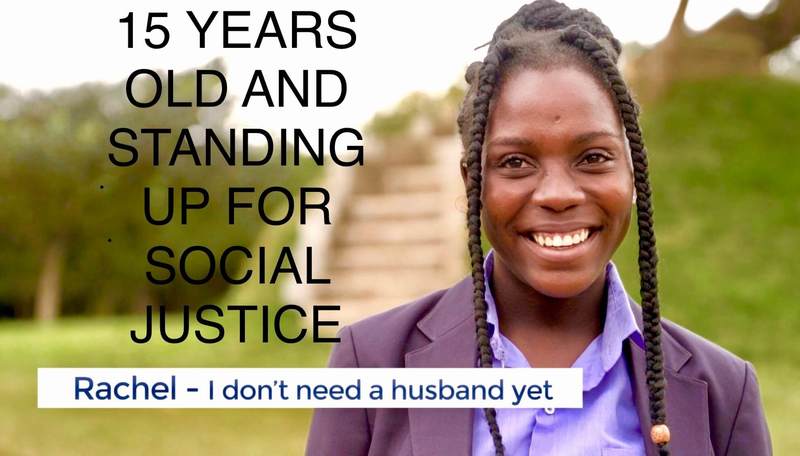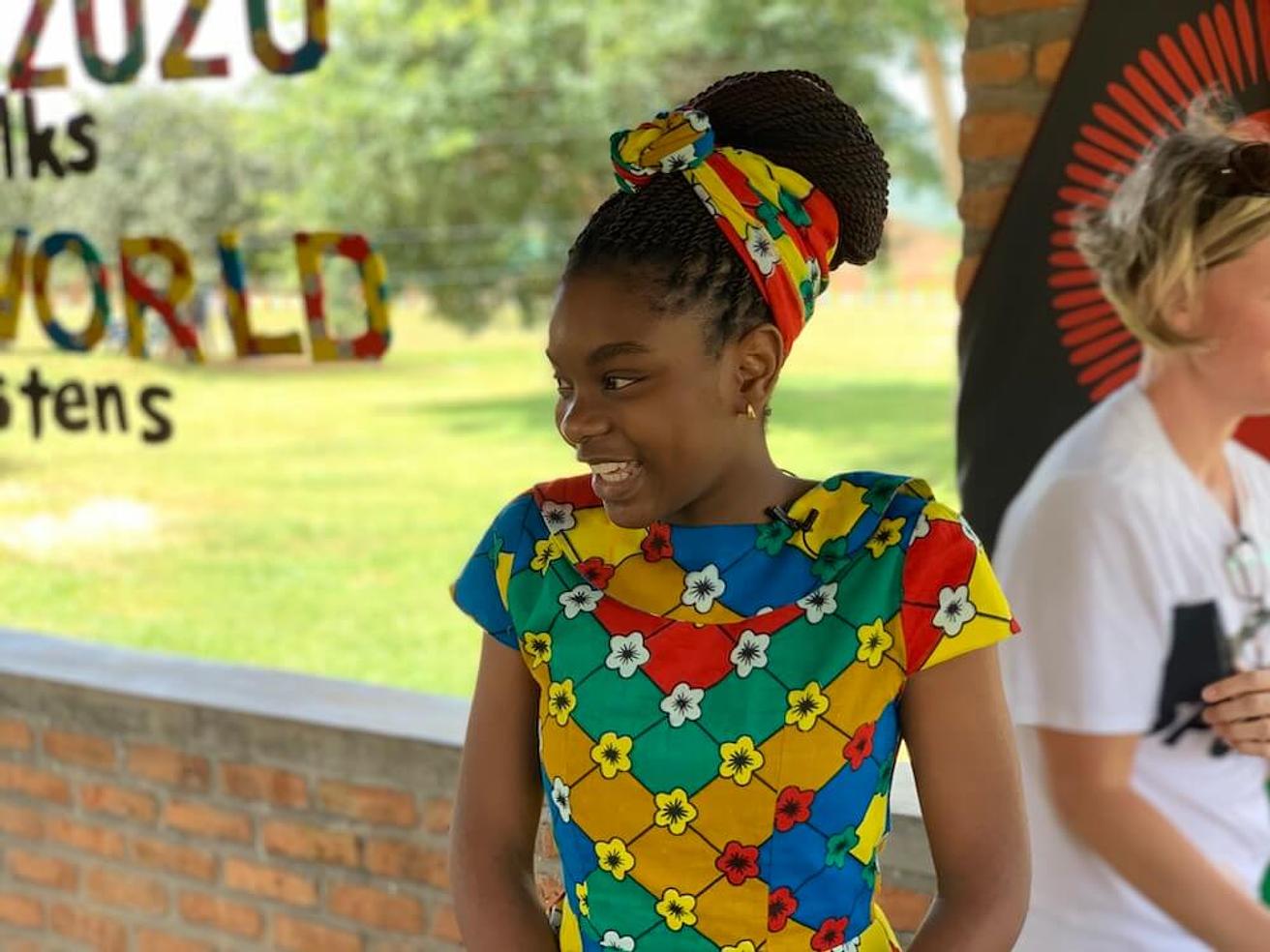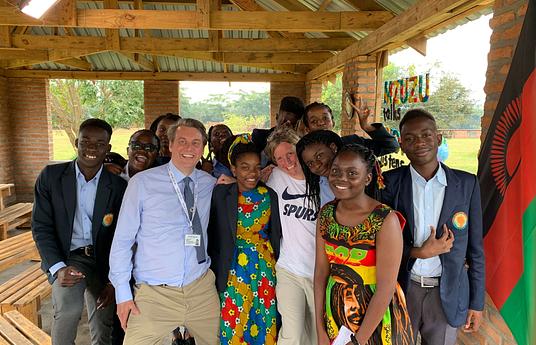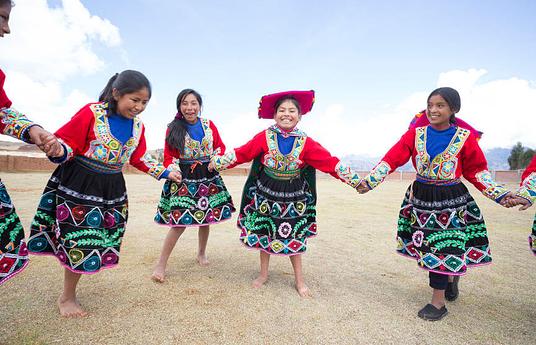Many years ago, I worked with a colleague in London who would eat the exact same thing for lunch for pretty much the entire three years we worked together. One slice of wafer-thin ham sandwiched between two lightly buttered slices of square sliced white bread. Anything else was total rarity.
This memory has stuck with me for decades. I make no particular value judgments or comments about it, except for one thing. I believe that one of many aspects of raising young people to be well and live well is that they become ‘well adjusted’, that they ‘adjust well’ to new situations, ideas and people and maybe even to varying lunch a little.
Yes, security, familiarity and routine all have their place. But not if horizons and mindsets can’t adjust or evolve. Brené Brown, author of Dare to Lead tells us that a key trigger in most people’s lives is ‘What am I afraid of?
Left, unchecked, this fear can lead to a fear of change, a fear of difference and a fear of failure.
When Anna Msoyowa-Keys and I founded Xtalks in Mzuzu, Malawi we wanted to ensure our young speakers took pride in sharing their lived experience and became fearless as they moved through our programme. We also wanted to ensure that the world that listened to their talks learned a little more from the wisdom of unfamiliar young voices. We wanted to adjust people’s perceptions of the lives of others.
XtalksWORLDlistens is a coaching programme that in around six hours, led by an adult or older teen, skilfully draws out from young people who they are, what they care about and they want the world to do. Through the power of HundrED in connecting solution-focused educators and through Xtalks inclusion in the 2020 global collection, we are now in partnerships in communities in India, Barbados, Kenya, Uganda, Sierra Leone, Fiji and one of the most remote schools in the Himalayas in Bhutan.

As co-founder Anna told a group of Helsinki students during Helsinki Education Week at the end of an Xtalks workshop where we video-linked with our Mzuzu students “You are the future. The better we understand each other, the more we truly become one and at peace with ourselves”.
In too many parts of the world, a suspicion of and misunderstanding of ‘others’ - those unlike ourselves – has led to a whole host of conflicts and disruptions to peace and wellness. Professor Yong Zhao, author of World Class Learners and Imagining the Future of Global Education describes the importance of radically adapting our sense of ‘otherness’ as we move through childhood.
Yong, Anna and I each grew up in very small communities in very different parts of the world from each other. In our own ways, from a young age, we had a clear understanding of our immediate ‘world’ of family and neighbours, but probably not much else beyond that. I certainly had no understanding of anyone’s life in China or Malawi. For each of us, ‘others’ were anyone outside that tight circle. Yet, as we grew, so did our horizons and connections to ‘others’. Those ‘others’ became included in our sense of community and our mindsets adjusted accordingly. To have friends and colleagues all over the world shaping and clarifying my understanding of it, is a very significant part of my own wellbeing and something we are dedicated to bringing to as many young people as possible.
At Xtalks we are on a mission to tackle the prejudice and misunderstanding that comes when we restrict ourselves to a narrow viewpoint and, like a safe lunchtime routine, when we fear difference and ‘otherness’. It is particularly poignant that I write this, days before my home country removes itself from the organisation formed to unite the continent of Europe as one. We cannot let a sense of ‘otherness’ return.
.jpg)
We work with a generation who don’t quite understand when we describe life before the internet. It is hard to imagine earlier times when making connections almost anywhere in the world took real effort and intention. It certainly wasn’t at our fingertips from a phone or laptop.
For my generation and a few before us, world travel became a popular right of passage in our youth. It was an important way to increase our understanding of other cultures and ideas. However, over the last year or so, we’ve heard of more and more teens who seek to connect with others and make meaning from the world, but without the massive carbon footprint of air travel.
For some, the idea of international travel, staying in backpacker hostels can somehow become a superficial experience, bypassing the real heart of what makes a community tick, beyond well-worn tourist hangouts.
The global accommodation sharing website, Airbnb, isn’t without controversy. However, the growth in Airbnb ‘Experiences’ where visitors learn, first-hand, an aspect of a local’s life, has responded to real a need and appetite to connect. The best-regarded experiences provide the most authentic insight into another person’s life. A life that may well be very different to the visitor.
These days, we can ask any search engine pretty much anything we want and will get an answer. But what about those questions we hadn’t thought of, those ideas completely new to us? Wouldn’t it be great to have our horizon’s lifted and our thoughts shifted, straight from the mouths of young people we had never met before and from places we had no first-hand knowledge of? This is what drives us every day, at Xtalks, to seek out young people’s stories and ideas from the most overlooked communities and share them with the rest of the world.
Our Xtalks programme is being implemented at different stages of development in all our partner countries. We are delighted to work alongside Project DEFY and SlamOutLoud. In Bhutan, it will start when the snow clears enough for Laya Central School to reopen, so our young speakers can meet and share experiences. In Uganda, Rhythm of Life have started gathering the thoughts and ideas of the children of sex workers.
.jpg)
It just isn’t possible, or good for the planet, for us to try and mobilise young people to experience or understand the lives of others, first-hand. But we know that Xtalks can connect ideas and experiences from even the most remote parts of the planet, even with a scrap of internet, where everyday stories from one young community can enrich and enlighten the lives of others.
As Tryness, one of our first speakers says, “Once I realised that my life in Malawi was something the world could learn from, I felt a sense of duty to share it with them. I am proud to have shared my Xtalk”.
That’s got to be good for everyone.
Alex Bell is co-founder of Xtalks.org and HundrED’s global ambassador of the year


